Electorates with worst rental pain and how tenants could shape next election | SuburbTrends, MCG Quantity Surveyors
Families struggling to pay the rent could have a bigger say at the next election with analysis showing Victoria’s marginal electorates where tenants are being hit hardest. See how your seat stacks up.
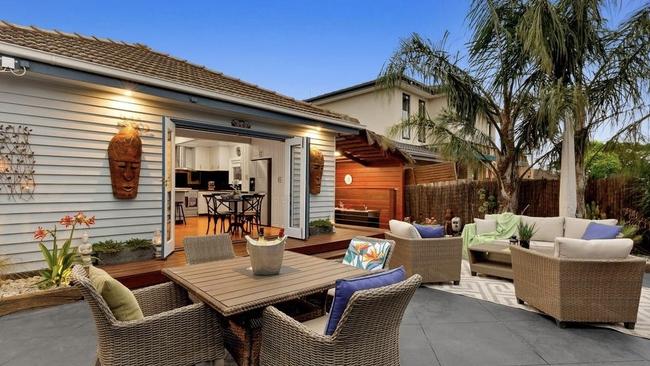
Property
Don't miss out on the headlines from Property. Followed categories will be added to My News.
Families struggling to pay their rent could have a bigger say at the next election with new analysis revealing Melbourne’s marginal electorates with the worst rental affordability.
The seats of Menzies, Nichols and Monash in Melbourne’s east and south east were among the most marginal in the country at the last federal election, and tenants there today are spending at least 30 per cent of their wages on keeping a roof over their head.
RELATED: Victoria’s school zone home price hotspots revealed
Ten affordable and liveable Melbourne suburbs worth the money
Victorian suburbs owners never want to leave turning them into millionaires
At this level they are classified as in rental stress.
They were among 19 political seats where the typical tenant is now in or almost in rental stress, almost half of the state’s 39 federal electorates – but could be exactly half by the time of the next federal election with the prospect the seat of Higgins will be abolished.
The research from MCG Quantity Surveyors and SuburbTrends also shows there were double digit rent rises in 28 of the state’s 39 existing electorates in the past year, almost 72 per cent.
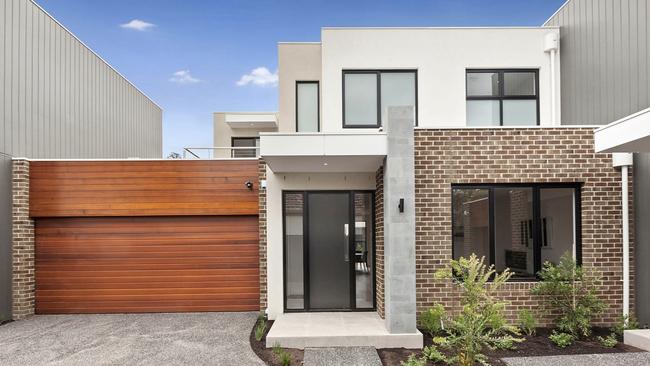
Tenants in Menzies in particular could be looking for election policy relief after their rents surged 19.49 per cent in the past year.
MCG Quantity Surveyors managing director Mike Mortlock said the stats could lead to political ramifications.
“This affordability crisis is not just a personal issue for renters, but a significant political one that could influence the next federal election,” Mr Mortlock said.
As renters in marginal seats grappled with escalating costs, he said their voting behaviour might shift — potentially challenging the dominance of traditional parties.
Mr Mortlock added that it was interesting to see some of the Greens-held seats had experienced some of the biggest increases in median rents in the past year.
In the seat of Melbourne, held safely by the Greens leader Adam Bandt, the median rent has jumped 16 per cent over the past 12 months with the typical tenant in these seats spending up to 34.4 per cent of their income on rent.
While Mr Bandt did not respond to requests for comment this week, the Greens have repeatedly tried to add a rental freeze to housing bills being passed in parliament this year.
But Australian Greens spokesman for housing and homelessness Max Chandler-Mather said renters were the sleeping giant of Australian politics and were beginning to wake up.
“One third of this country rents, they are fed up with being treated like second-class citizens and copping unlimited rental increases,” Mr Chandler-Maher said.
“The Greens will phase out the billions that Labor gives in tax handouts to property investors, and use this money for the government to directly invest in building hundreds of thousands of good quality homes to be sold and rented at prices people can actually afford.”
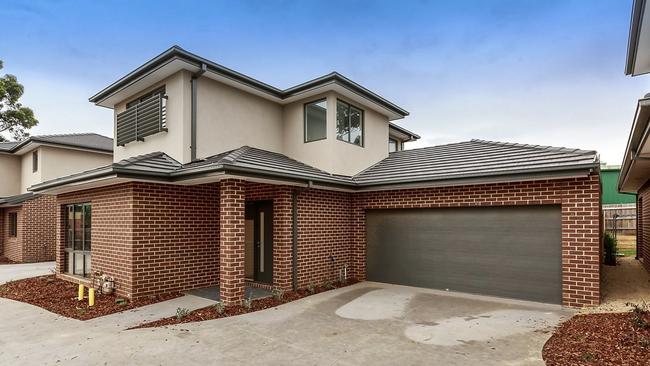
Albanese government Housing Minister Julie Collins said while rental issues were predominantly a state affair, her party had increased Commonwealth Rent Assistance in successive budgets for the first time in more than 30 years and that they would “work closely with states and territories” to boost access to safe and affordable housing.
Ms Collins also noted the government’s efforts to boost new housing and therefore rental supply through incentivising construction and offering tax benefits for build-to-rent accommodation.
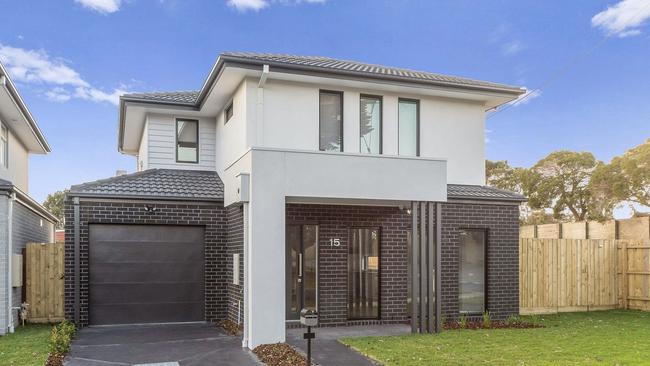
The Demographics Group co-founder Simon Kuestenmacher said there were still question marks over how Australia would get to a 1.2 million new homes target by 2029 and whether they have pulled the right levers.
Mr Kuestenmacher also queried Liberal plans to slash population growth, noting there was no proof that housing would become cheaper if there were fewer migrants, and panned the Greens’ calls for a rental freeze as an easy way to drive out landlords.
He added that Bill Shorten losing an “unlosable election” in 2019 over a proposal to scrap negative gearing showed the wrong housing policies could cost politicians dearly — and this could increasingly extend to rental housing.
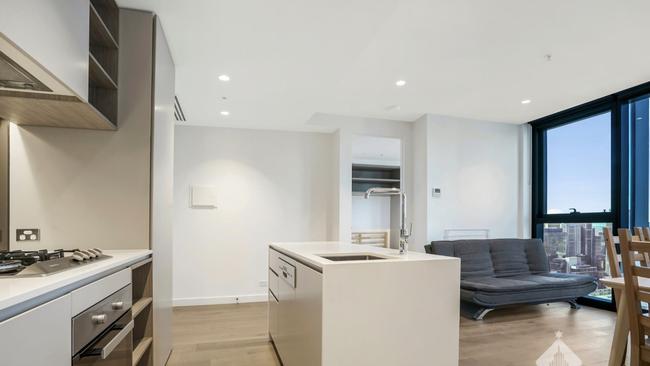
“It doesn’t matter which party gets elected if you care about housing affordability, it needs to become cheaper,” Mr Kuestenmacher said.
Mr Mortlock added that policies penalising landlords and property investors risked encouraging more to exit the rental market, and reducing the rental pool.
“I think politicians have an opportunity to implement some interesting policies around housing, but the risk is moving towards populist arguments which we’ve seen so far have led to some ineffective state legislation,” he said.
Sign up to the Herald Sun Weekly Real Estate Update. Click here to get the latest Victorian property market news delivered direct to your inbox.
MORE: Ex-Treasurer Josh Frydenberg, comedy’s Rhys and Kyran Nicholson sell
Frank Walker from National Tiles puts three-home South Yarra compound up for sale
Mel Gibson’s former property Carinya Homestead in Gundowring, Victoria, sells
david.bonaddio@news.com.au
Originally published as Electorates with worst rental pain and how tenants could shape next election | SuburbTrends, MCG Quantity Surveyors



